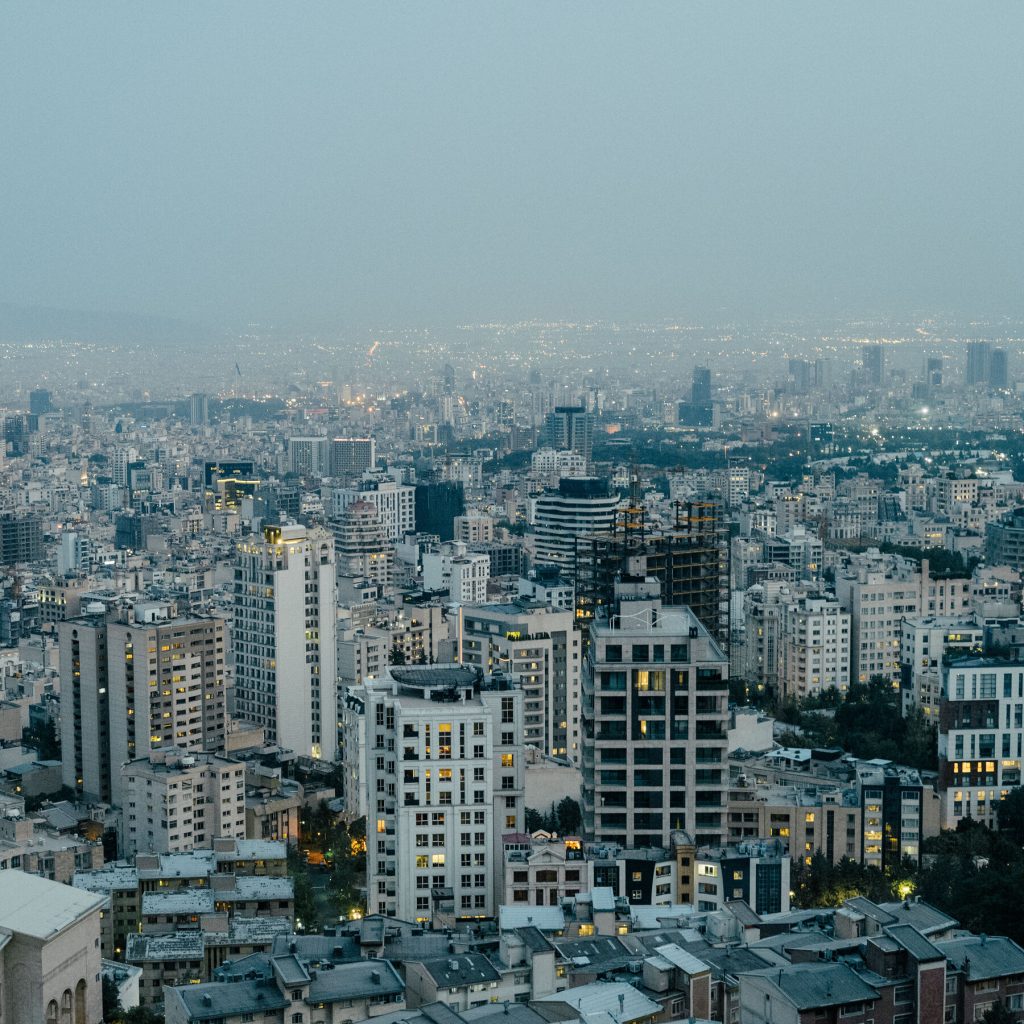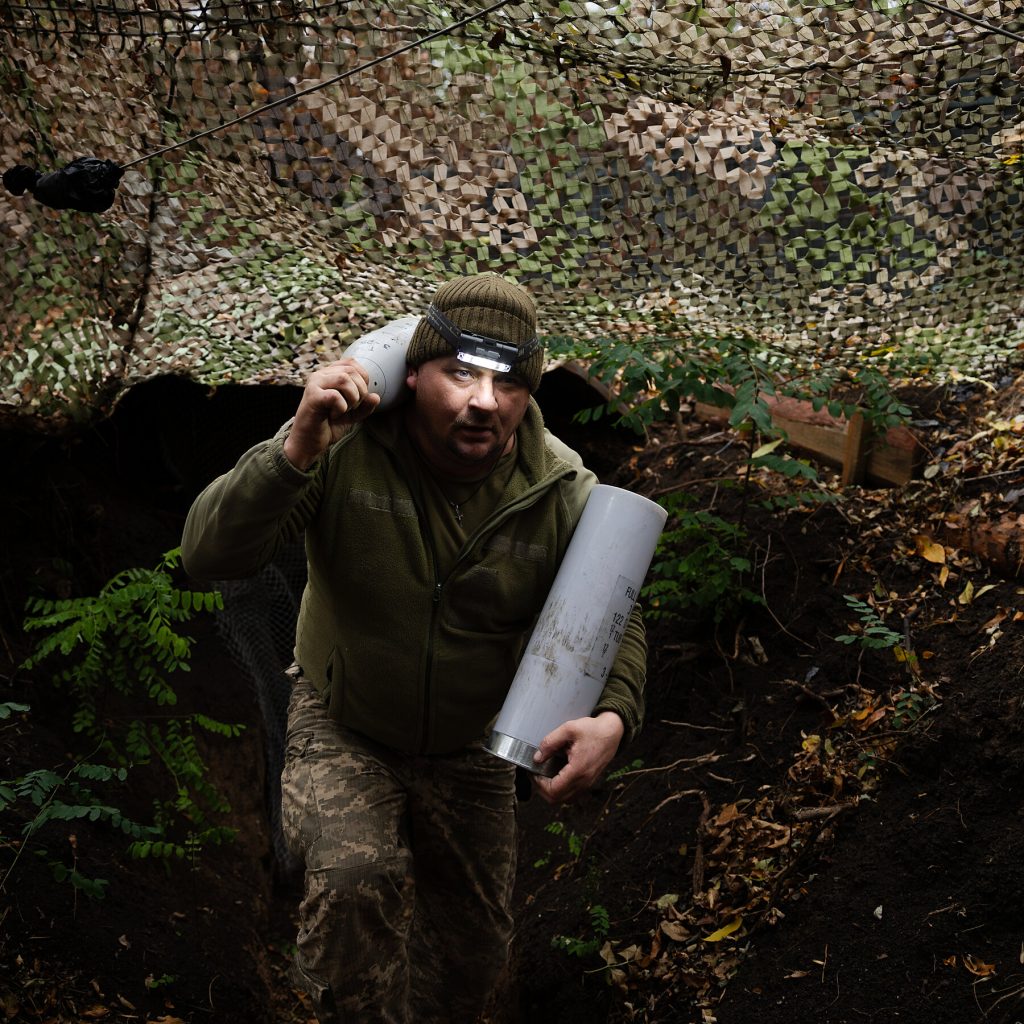Iranians Brace for Economic Impact of New U.N. Sanctions

As the Iranian government struggles to address the country’s deepening economic woes, a new set of United Nations sanctions is expected to exacerbate the situation. With an inflation rate soaring to 40 percent and chronic shortages of power and water already plaguing the nation, many Iranians are bracing themselves for a further deterioration in living standards.
The latest round of sanctions, imposed by the UN in response to Iran’s nuclear program, is likely to have a significant impact on the country’s already fragile economy. The measures are expected to restrict Iran’s access to international markets, limiting its ability to export oil and import essential goods. This, in turn, is likely to lead to shortages of vital commodities, including food and medicine.
Ordinary Iranians, who are already feeling the pinch of economic hardship, are worried about the consequences of the new sanctions. “I’m concerned about the impact on my family’s livelihood,” said one Tehran resident, who wished to remain anonymous. “The prices of basic goods are already skyrocketing, and I fear that things will only get worse.”
The Iranian government has been trying to mitigate the effects of the sanctions by implementing various economic measures, including rationing and subsidies. However, many experts believe that these efforts will be insufficient to counter the impact of the UN’s restrictions.
As the economic situation continues to deteriorate, there are growing concerns about the potential for social unrest. With many Iranians struggling to make ends meet, there is a sense that the country’s economic crisis could have far-reaching consequences, both domestically and internationally.
In the short term, Iranians are likely to face even greater challenges in accessing basic necessities, including food, water, and electricity. As the economy continues to contract, the government may face increasing pressure to respond to the needs of its people. However, with the sanctions in place, it remains to be seen whether the government will be able to find a way to alleviate the suffering of its citizens.






